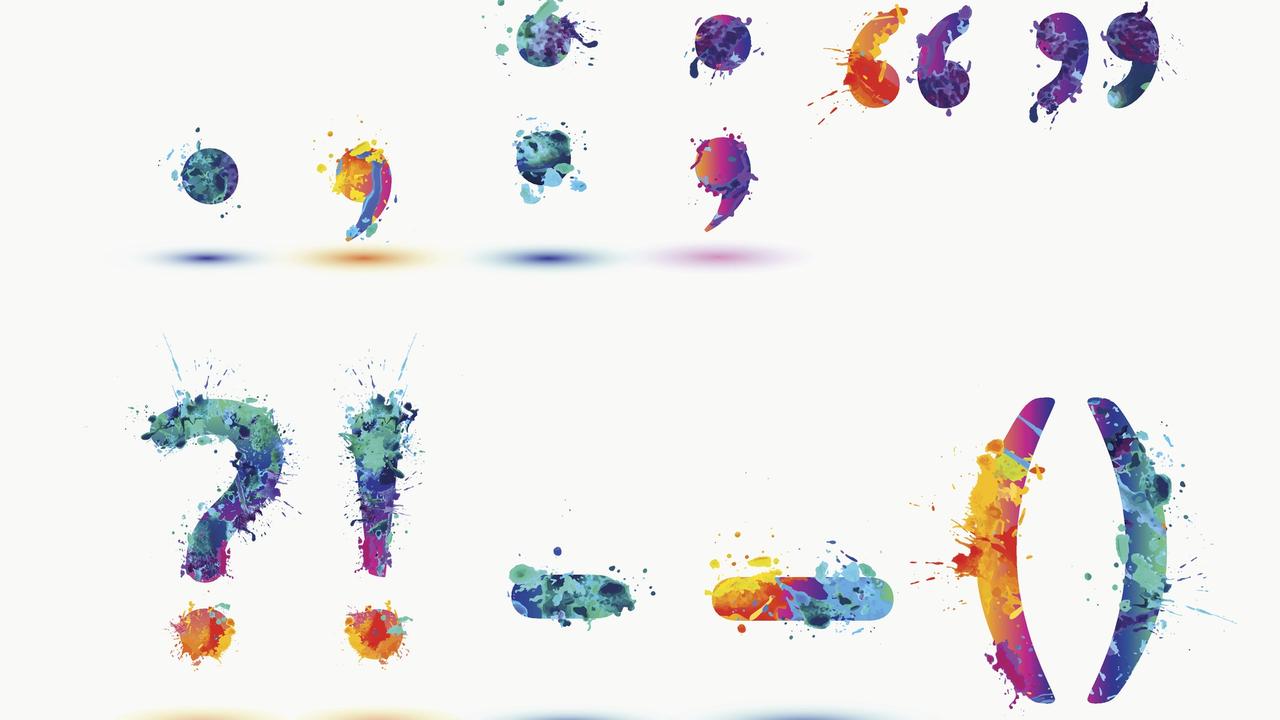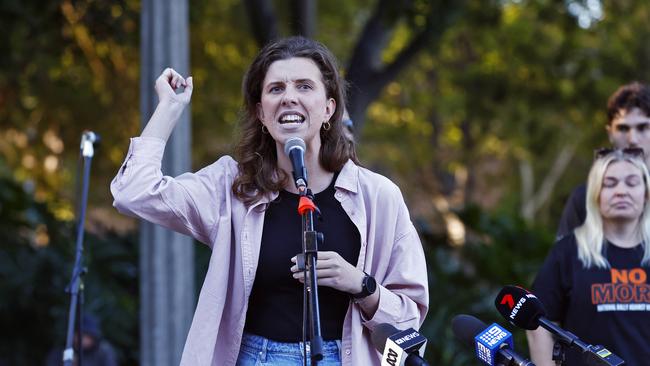
Watching Hannah Ferguson take the stage at the National Press Club last month was like watching an oracle be revealed on some ancient Greek mountain. But instead of being idolised by ancient sheepherders, she was idolised by boomer journalists trying to absolve their guilt. Move over Greta, there’s a fresh new face to bow down before.
If you don’t know Ferguson, she’s a confident 26-year-old, Forbes 30-Under-30 girlboss, and she doesn’t shy away from telling us how much money she makes as an influencer (though she’d prefer we call her a commentator).
Founder of Cheek Media, a “proudly progressive” digital platform aimed at Gen Z and millennial women, Ferguson rose to prominence through sharp-tongued Instagram reels, snappy news explainers and feminist hot takes. Ferguson packages her politics for the algorithm: half policy, half pop culture, and fully tailored for shareability. And it’s paid off: she’s landed the Press Club, Q+A, the SBS influencer debate and now she’s running for the Senate. Who knows, maybe PM is next (this was her childhood dream).
Her Press Club address was delivered with the kind of certitude of someone unaccustomed to meaningful disagreement – at least not outside her curated online echo chamber. Because who would dare criticise her lest they be cast out as a bigot? Especially if you’re a man. Someone needs to do it, so it might as well be me, another woman of a similar age, who used to be woker than Hannah Ferguson.
Whether it was her naive claims about an Israeli genocide (blood libel is very in with “feminist” influencers lately – see Grace Tame, Greta Thunberg, Abbie Chatfield, Clementine Ford) or her apparent belief that she’s the only woman succeeding in alternative media, I spent so much time wincing while listening to her address I should invoice her for the cost of removing the wrinkles she etched on to my forehead.
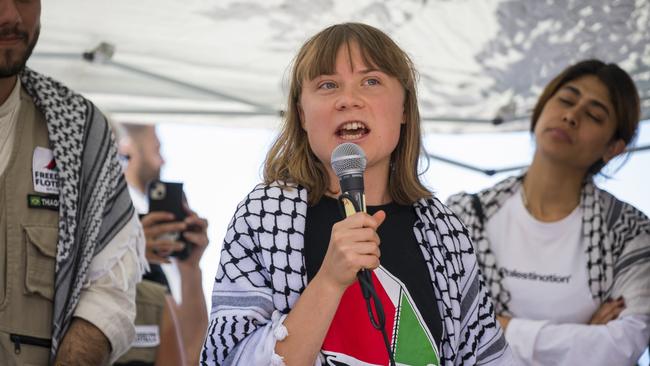
Another pet topic of hers is that the Murdoch media has a stranglehold on Australian journalism, a claim I once parroted at uni. If you’d told my younger self I’d one day be published in The Australian, I might have fainted. But Ferguson seemed so earnestly distressed that I wondered: am I missing something?
So I checked the numbers. It’s true News Corp dominates print. But print is a fading medium, especially for under-40s. The Seven and Nine networks command over 80 per cent of TV viewership between them, and the ABC – far from being silenced – reaches nearly one in five TV viewers and remains a dominant force in digital radio, claiming it reaches 7.5 million Australians each week.
Online, ABC News is reportedly the most visited news source in the country. SBS continues to grow, particularly among young and multicultural audiences. So Ferguson’s self-serving paranoia that she is David and Murdoch is Goliath is far from the truth.
Ferguson claims she’s the underdog not only due to her sex but due to her fight for independent media. But like many mainstream feminists, she overlooks women such as Claire Lehmann – my boss and founder of Quillette, a digital magazine that was found in a 2021 study to be ranked among the top 15 most influential Australian internet domains. I guess women like Lehmann don’t factor into Ferguson’s assessment that Australian media is a boys’ club she labels “stale, pale and male”.
Speaking of clubs, Ferguson admits to being proudly partisan; she hates Peter Dutton and the Liberal Party. In her address, she claims to reject consensus, while still advocating for a two-party system – just without a mainstream conservative party.
In her world, anyone right of inner-city Labor is a bigot. Her list includes conservatives, Zionists (most of Australia’s Jewish community), and centrists who aren’t sufficiently outraged. In Ferguson’s ideal Australia, men would gently fade into domesticity, voting as instructed by their wives and daughters – who, of course, get their news from her Cheek Media Instagram stories.
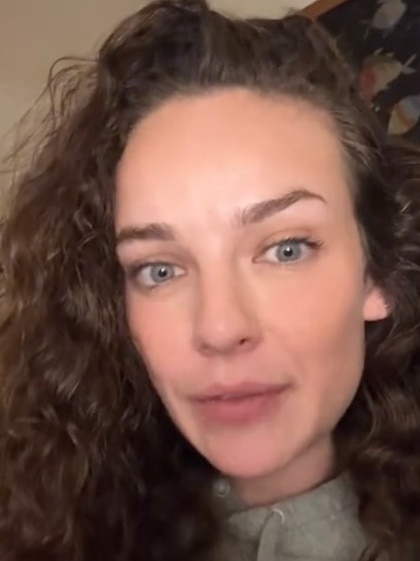
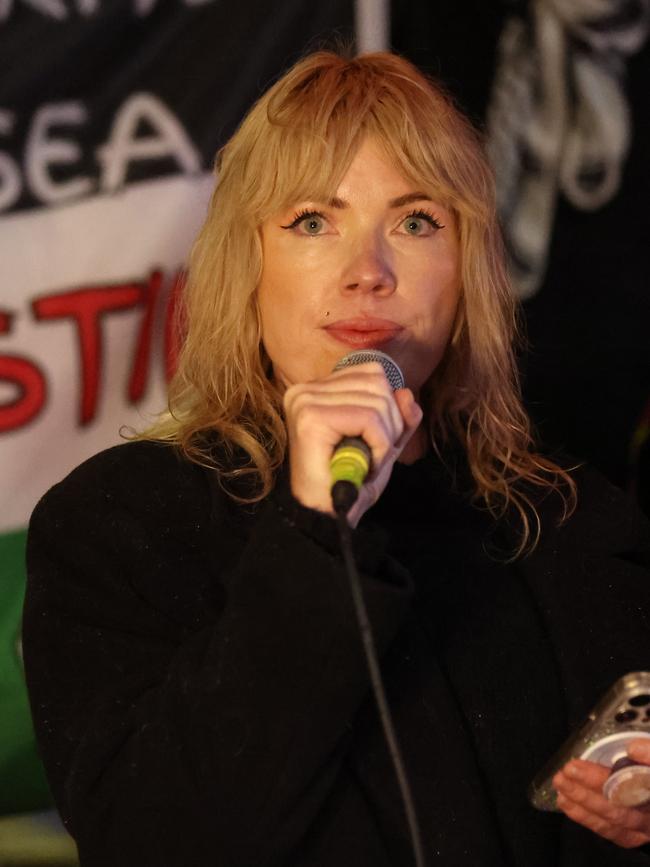
Despite painting herself as a strong woman, she revealed in her speech that she and her friends cried when they saw Donald Trump was re-elected.
But of all the naive things Ferguson said at the Press Club, there was one moment that truly shook me. It came during question time when the questioners seemed to fall into two groups: young progressive female fans working in media – her colleagues – and middle-aged to boomer journalists who prefaced their questions with self-effacing comments such as being white, balding, or working for legacy media before addressing the oracle, Hannah Ferguson.
I was reminded of how boomers prayed to the new patron saint, Greta Thunberg, after her “how dare you” speech, or the BLM supporters washing the feet of black community leaders in the wake of George Floyd’s death. This sort of religious adoration, of genuflecting before progressive icons, is bizarre and pathetic to watch.
Ferguson isn’t fighting the establishment – she is the establishment. If the Press Club isn’t the media establishment, I don’t know what is. Her rhetoric is polished for social media, cosily aligned with institutional consensus, and rarely challenged by the very media she claims to disrupt.
At one point, she let slip an interesting anecdote: that when she started out in her career she was desperate to be accepted by progressive circles, terrified of being cast out for not using the correct lingua franca. I’ve been there, Hannah. And all I can say is: if ideological conformity is the entry fee, maybe it’s just not worth it.
Zoe Booth is a content director at Quillette


